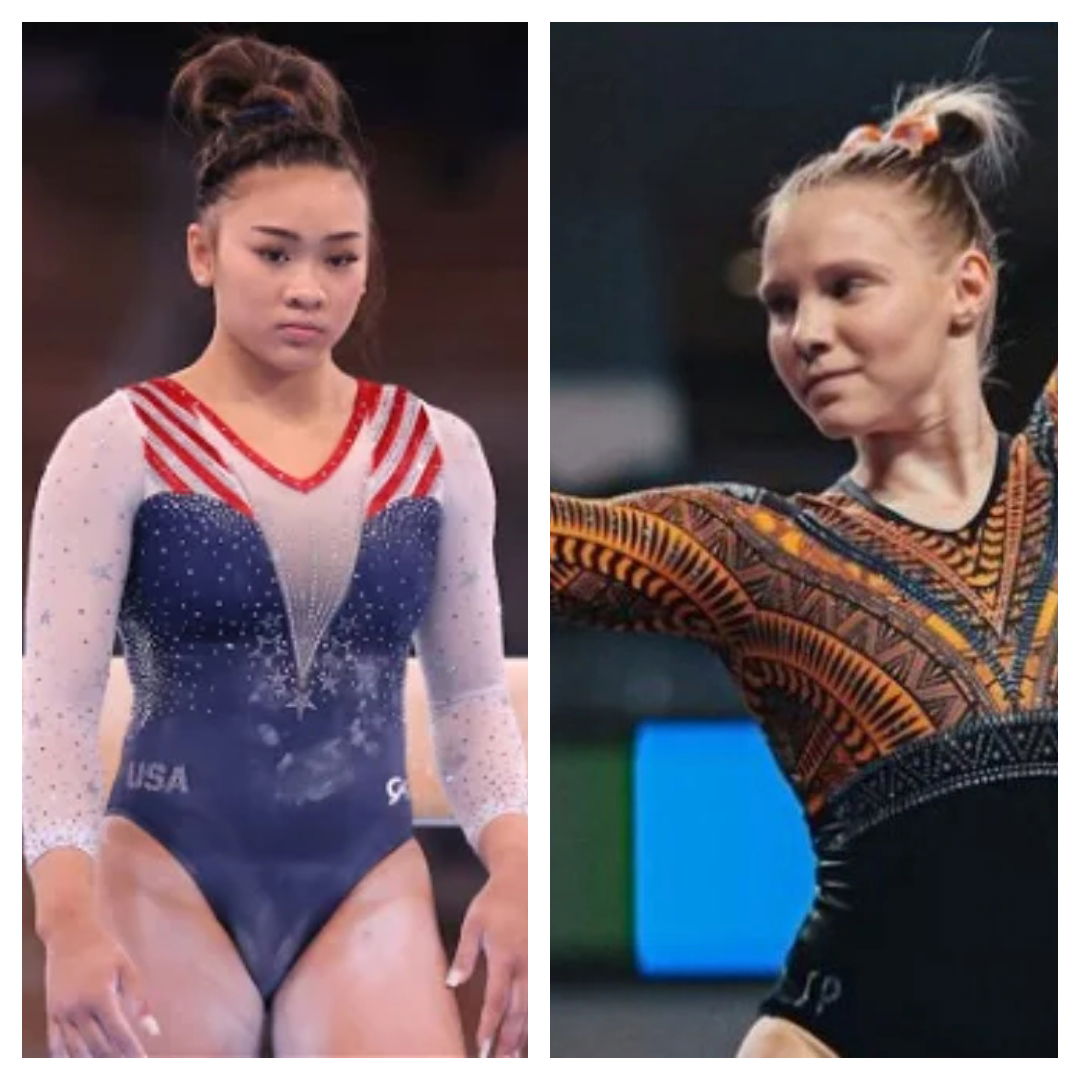
Imago
Image credits : Imago

Imago
Image credits : Imago
Amidst fervent anticipation, the NCAA recently announced a momentous eight-year partnership with ESPN, revolutionizing the landscape of collegiate sports media rights. This transformative $115 million annual agreement is set to broadcast 40 college sports championships, notably the revered Division I women’s basketball tournament alongside the prestigious women’s gymnastics competition.
Watch What’s Trending Now!
While heralded as a significant step forward, the deal’s framework sparks discussions about the untapped potential within women’s collegiate sports, particularly basketball. How could this important deal change the future of women’s games, thinking about its big historical effects and things left open within this arena?
ADVERTISEMENT
NCAA’s ESPN deal secures women’s gymnastics championship
Jenna recently shared an intriguing post on X, regarding an eight-year deal with ESPN. Her caption reads, “This ensures the women’s gymnastics championship will be broadcast on ABC for eight years, through 2032.” The long-awaited $920 million deal marks the culmination of years of speculation and debate concerning the NCAA’s ability to capitalize on the growing fan base of women’s sports, particularly basketball. Despite the remarkable rise in popularity driven by powerhouse teams like South Carolina and UConn and star players such as Caitlin Clark, Angel Reese, and Sabrina Ionescu, women’s college basketball has historically received far less financial backing compared to men’s basketball and football.
This ensures the women’s gymnastics championship will be broadcast on ABC for eight years, through 2032. https://t.co/2QBonIhipa
— Jenna (@jennakgym) January 4, 2024
The previous contract with ESPN, generating $34 million annually for 29 championships, has now evolved into this comprehensive deal. An earlier report suggested that a standalone deal for the women’s tournament could yield $81 million in its inaugural year, but industry experts expressed scepticism about such ambitious estimates. Ultimately, the NCAA and ESPN decided to retain the bundled approach, valuing the women’s basketball tournament at approximately $65 million per year within this agreement.
ADVERTISEMENT
Advocacy for standalone women’s basketball deal
Numerous influential women’s basketball figures, including coaches like Dawn Staley, had advocated for the championship to be spun off into a separate media deal, akin to the men’s basketball tournament. Recent viewership records, notably from last year’s NCAA women’s basketball title game, which witnessed LSU’s victory under coach Kim Mulkey, pointed towards a burgeoning interest in the sport. The title game drew a substantial 9.9 million viewers, indicating the potential for standalone growth.
ADVERTISEMENT
Watch this story: Amid Rising Competition Gymnastics’ Legend’s Paris World Cup Proposal Goes Viral
Top Stories
Patrick Mahomes’ Dad Faces 10-Year Prison Sentence After Chiefs QB’s Father Reportedly Violated Probation Terms

PGA Tour Split Into Two as Scottie Scheffler Confirms Stance on Patrick Reed’s Return

Multiple PGA Tour Pros Stopped from Playing as WM Phoenix Open Round Is Canceled Over Recurring Problem

Scottie Scheffler Faces Scrutiny After Taking Out Anger on Golf Club at WM Phoenix Open: ‘Washed’

Jordan Spieth Throws Bizarre Temper Tantrum as Opening Round at WM Phoenix Open Becomes a Challenge

“Stay Right There on the Bench”: LSU’s Grace Knox Faces Backlash After Heated Moment in 64-77 Loss vs Texas

ADVERTISEMENT
ADVERTISEMENT
ADVERTISEMENT